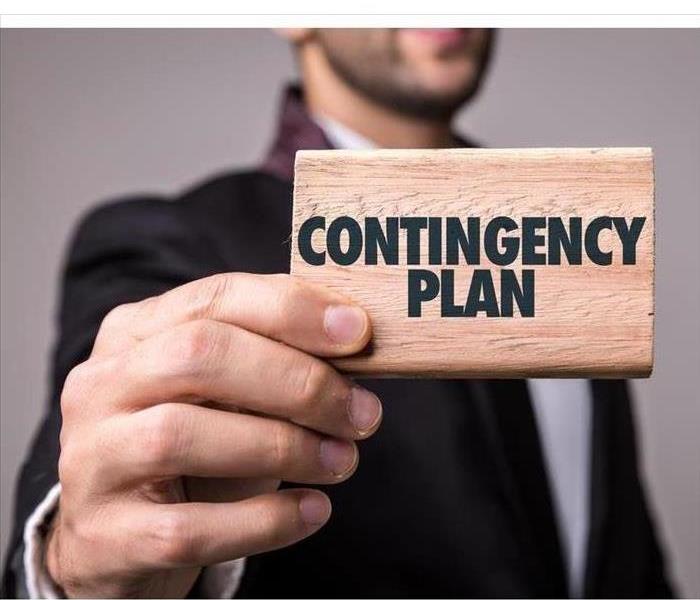Business Contingency and Evacuation Planning in a Fire
8/30/2022 (Permalink)
You never want to think of a fire breaking out at your Charleston, TN, business, but it’s better to plan for the worst and never see a moment’s danger than it is to hope for the best and face catastrophe without a plan. That’s why you need a fire contingency plan and safe evacuation strategy for your business – to protect yourself, your property, your employees, and your customers.Steps to Create a Contingency Plan
It’s not enough to just have a contingency plan in place. Your contingency plan needs to be executable not just by you, but by everyone in your business.
• Establish a designated evacuation plan and alternate routes. Determine the fastest, safest way to leave the building. Chart the route as part of documented procedures, but also ensure that each route has an alternate route in the event that others are blocked by fire or falling debris.
• Post evacuation and safety procedures near all exits and thoroughfares. Employees and customers alike should be able to immediately find a map of the safest evacuation route no matter where they are on your premises. Ensure that easy graphical instructions are available; most don’t have time or presence of mind to stop and read written instructions during a fire.
• Designate evacuation leaders. Your business should have two or more employees per shift who are designated as evacuation leaders, preferably more for backups. Your evacuation leaders are tasked with taking control of the situation and guiding others, especially customers who may not be familiar with drills.
• Ensure all employees have a handout with contact information for emergency personnel and documented safety procedures. Provide this information immediately on hire, and periodically reiterate.
• Conduct safety training drills. At least once per month, do random safety training/fire drills to reinforce protocols in an emergency.
• Periodically test all sprinklers and fire safety equipment. Smart planning will safeguard your people. Smart protections will safeguard your inventory and property. Make sure all fire extinguishers, sprinklers, and other fire safety equipment are operational and functioning up to spec.






 24/7 Emergency Service
24/7 Emergency Service
